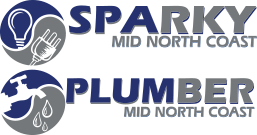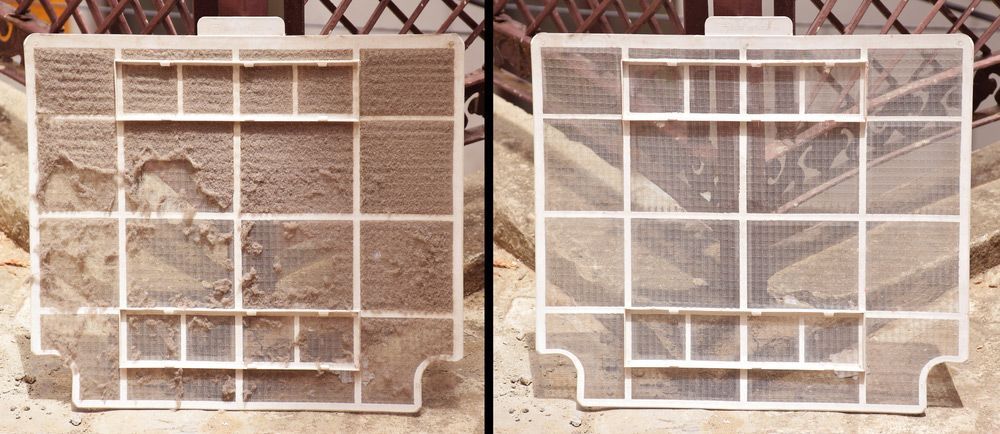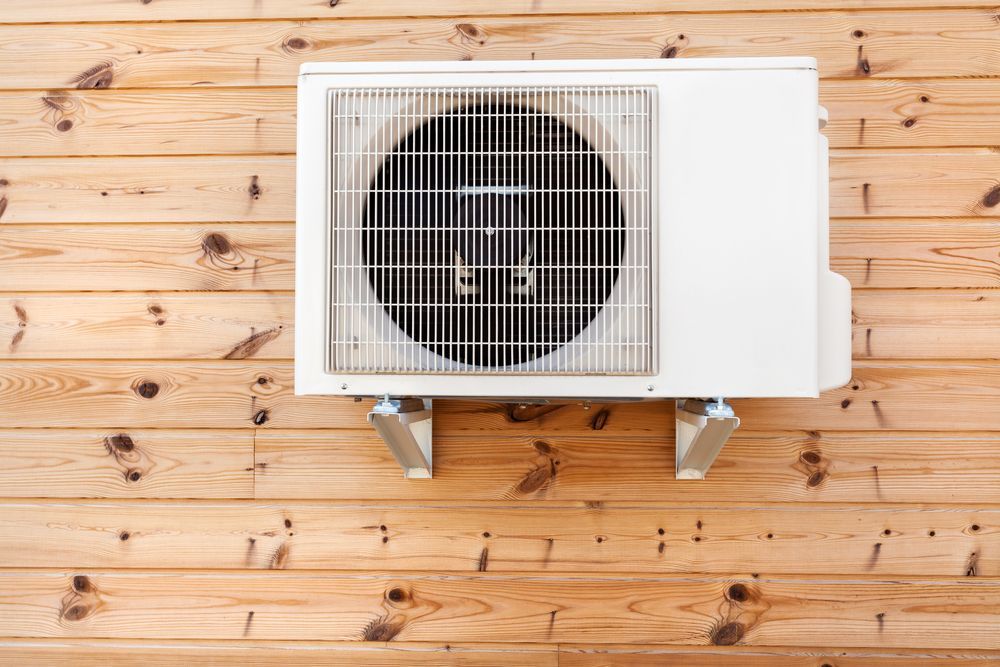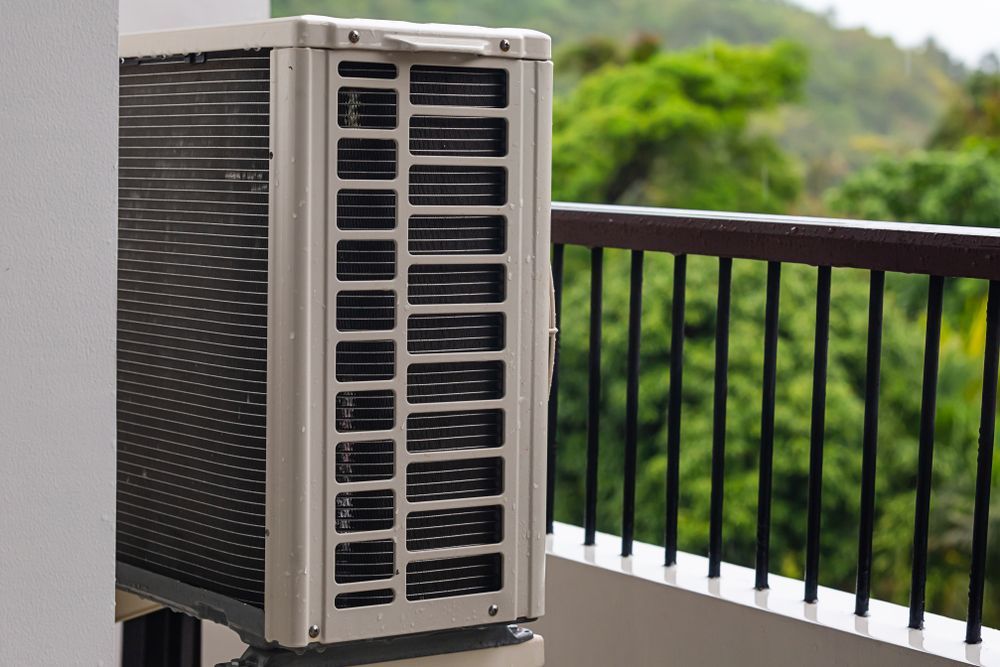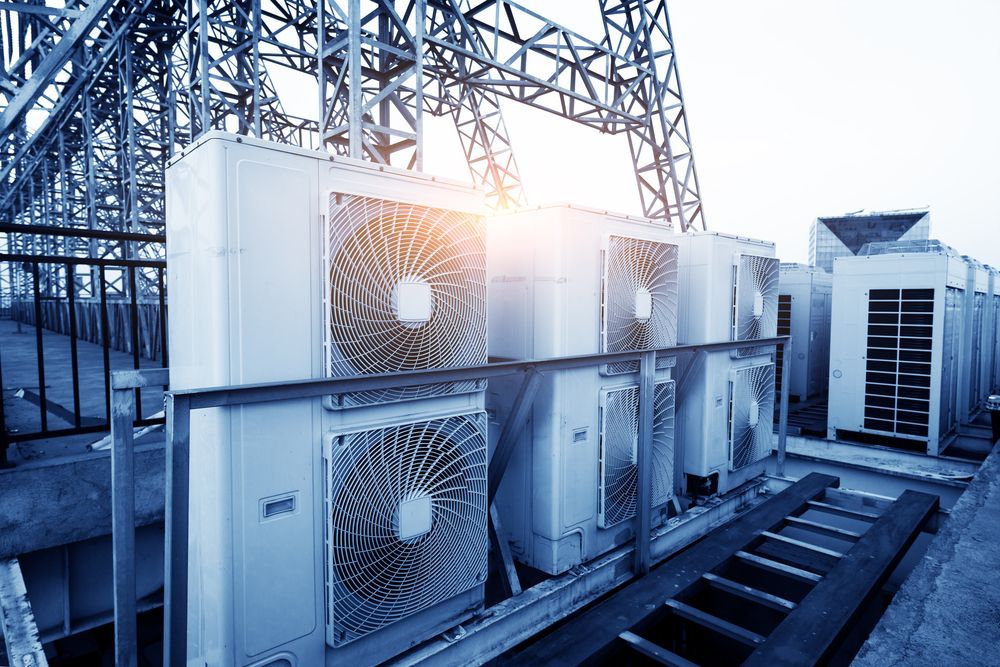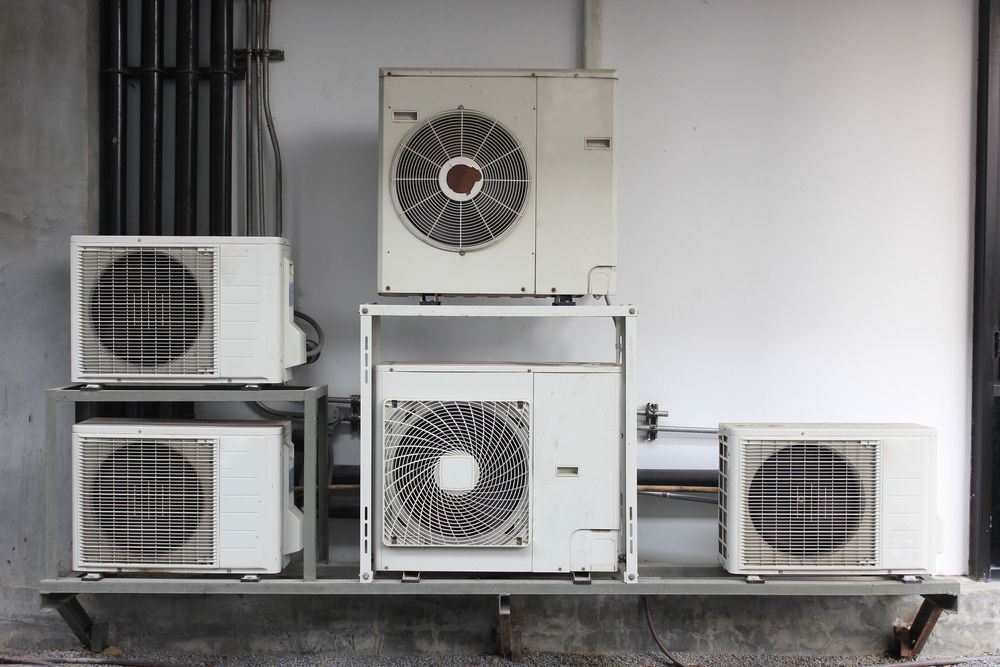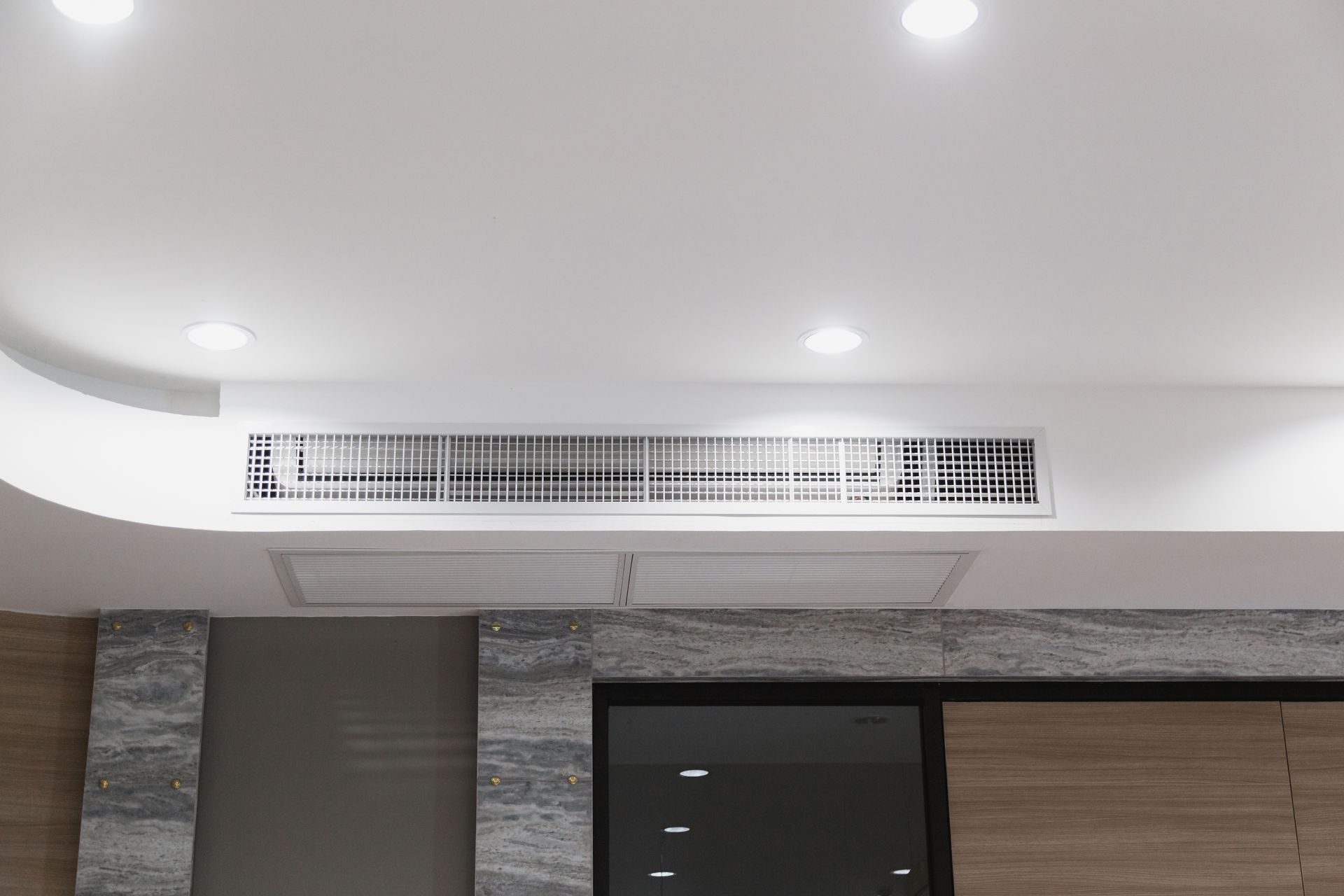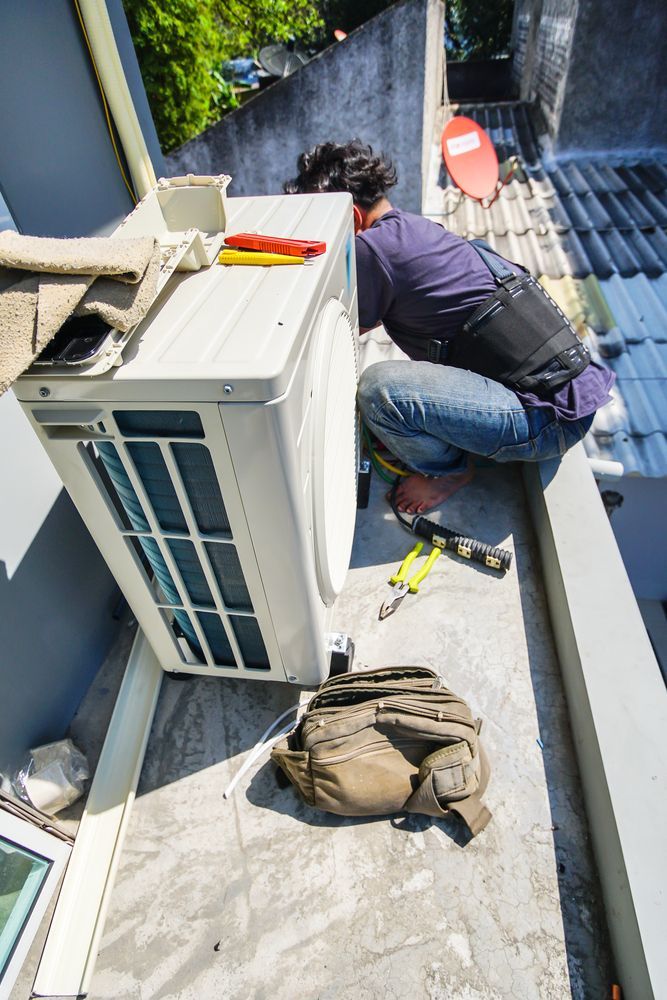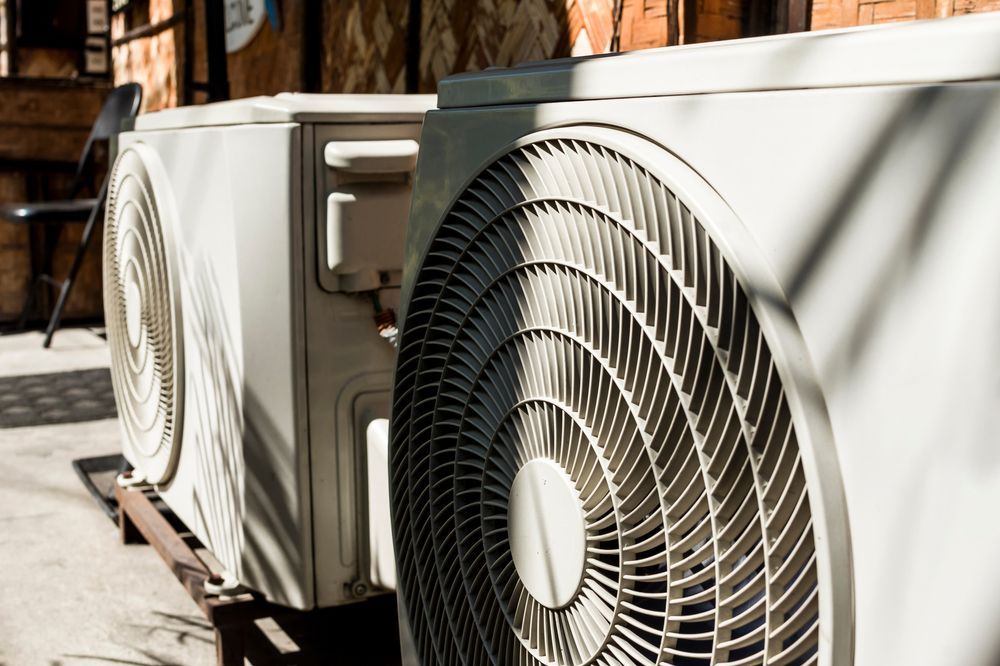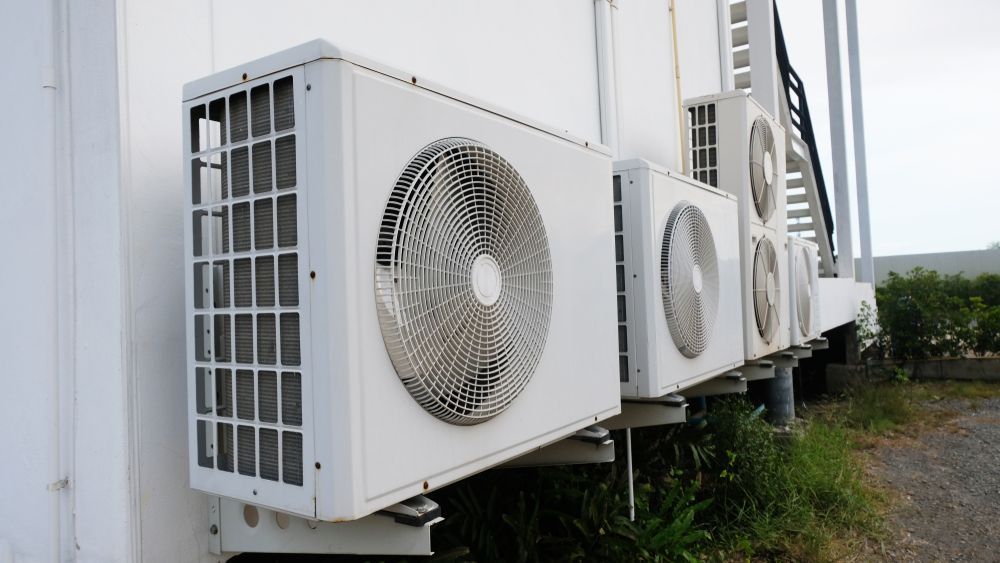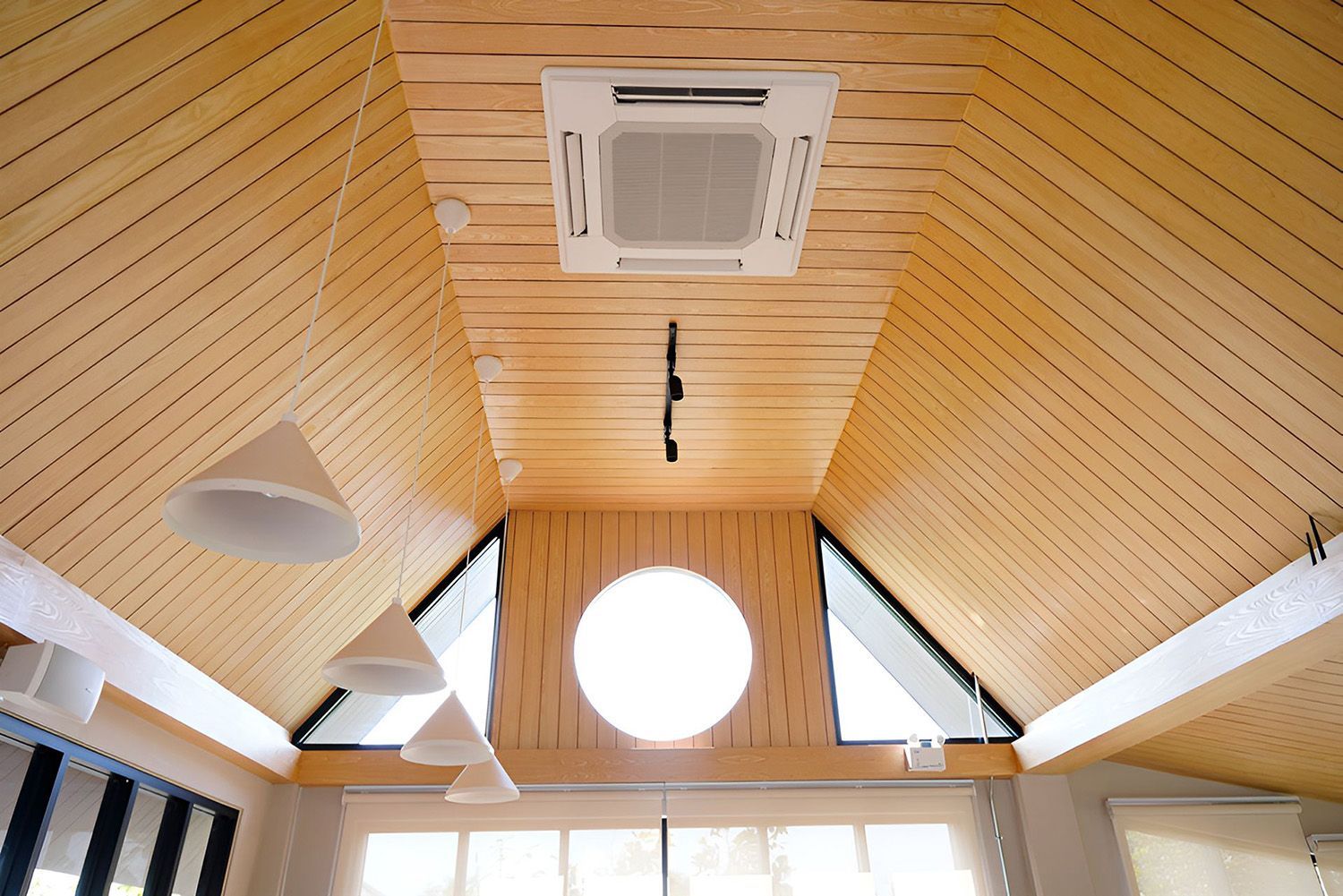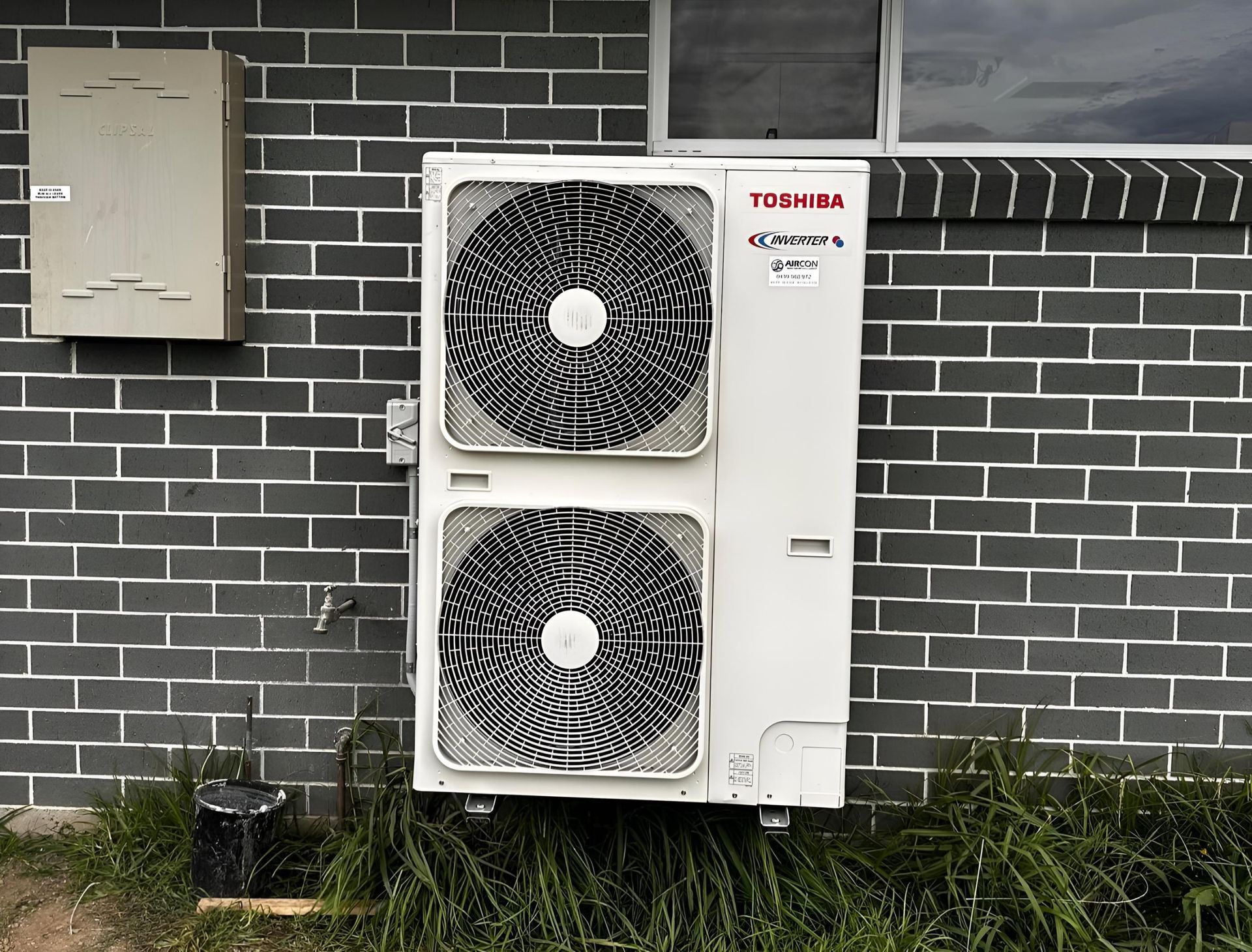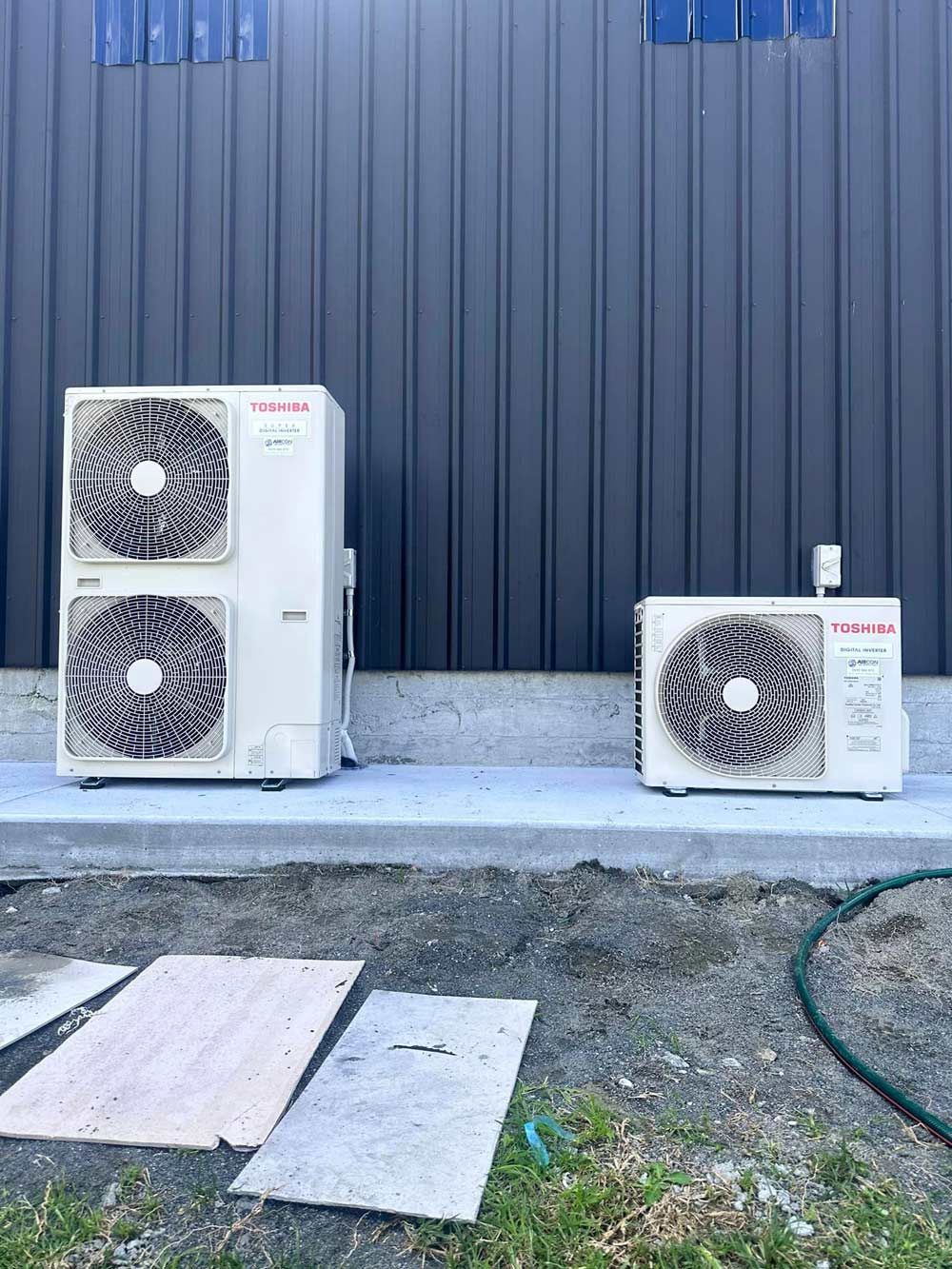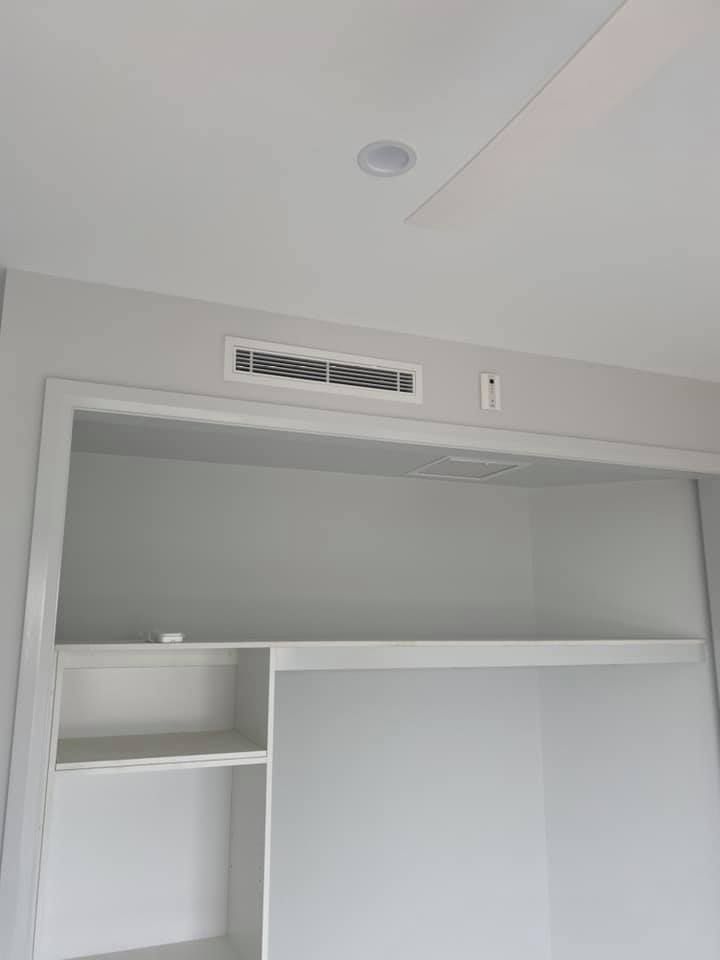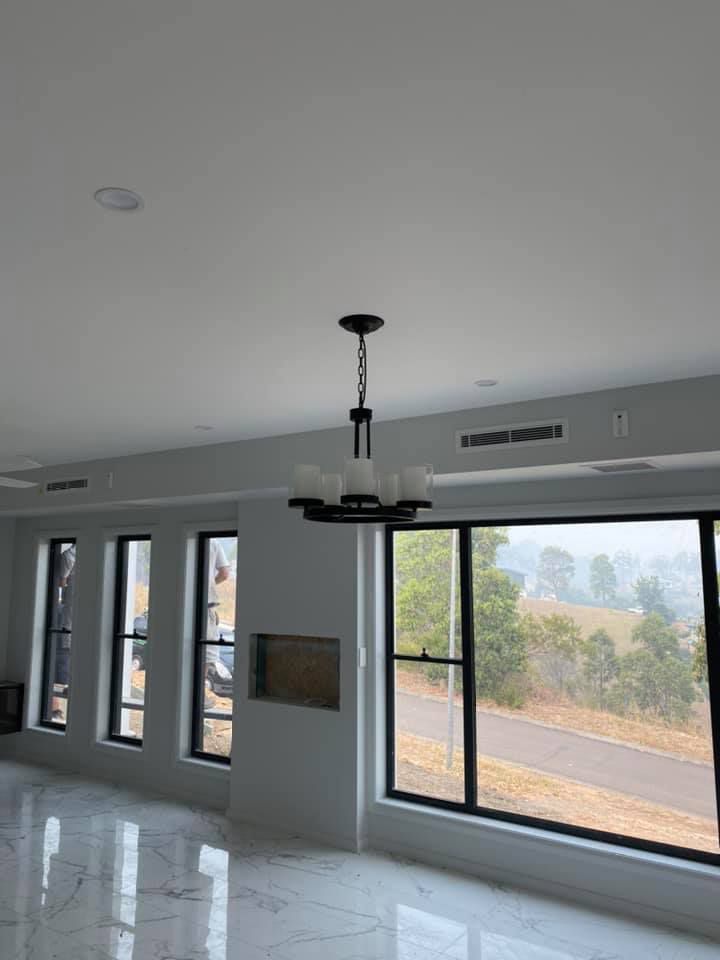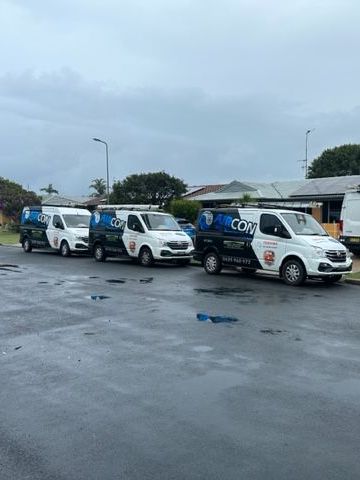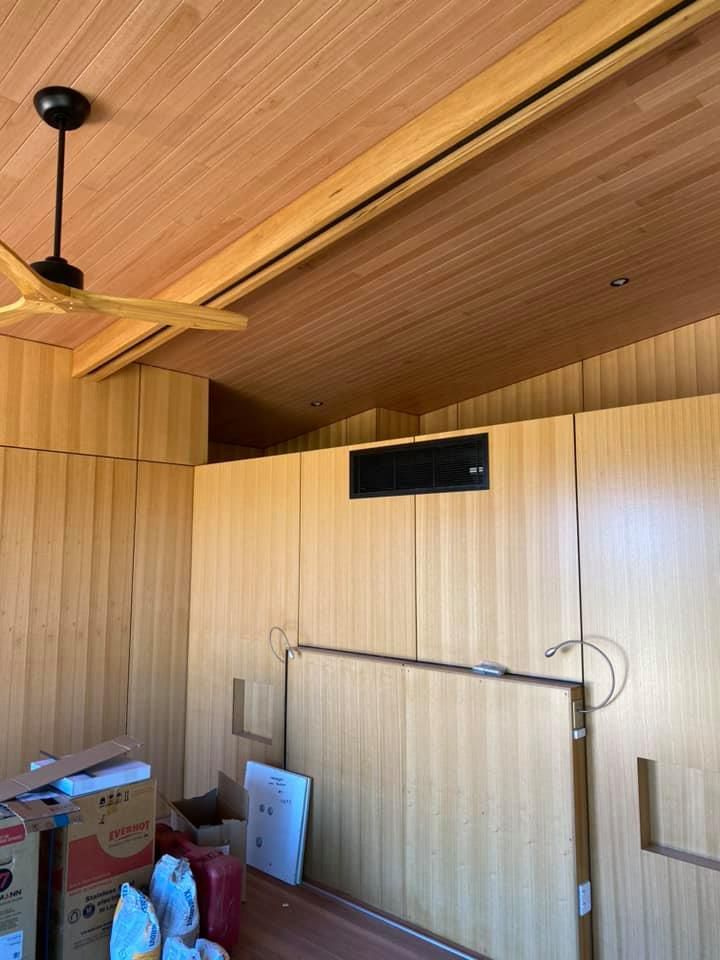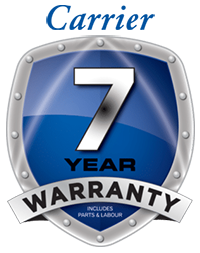Preparing Your Forster Home For Summer: Air Conditioning Checklist
As the coastal heat begins to build, air conditioning in Forster quickly becomes more of a necessity than a luxury. The combination of rising temperatures, dense humidity, and salt-laden air places unique stress on residential cooling systems across the Mid North Coast. If you wait until peak summer to inspect or maintain your system, you could be left sweating it out during the hottest days of the year. Preparing your air conditioning unit before the season starts is a smart move—not only for comfort but also for energy efficiency and long-term system health.
In this seasonal checklist, we’ll take you through practical and effective steps to help you optimise your Forster air conditioning setup ahead of summer. From cleaning filters and inspecting the outdoor unit to addressing humidity, controlling internal heat loads and scheduling maintenance, each point ensures you’ll stay cool and comfortable during those long, humid months.
1. Inspect & Clean the Air Filters
One of the easiest and most important ways to prepare your system is by checking the filters. Filters that are clogged with dust or coastal particles reduce airflow and force your unit to work harder, which can spike your energy usage and increase wear.
To ensure your air conditioning in Forster runs efficiently, make a habit of maintaining your filters in the following ways:
- Wash reusable filters every few weeks during summer to prevent blockages and airflow reduction.
- Replace disposable filters at the start of the season, and more often if you have pets or live near the coast.
- Use a vacuum with a soft brush attachment to remove fine particles from mesh filters when a full wash isn’t needed.
Keeping filters clean allows for better airflow, reduced strain on the system, and improved indoor air quality.
2. Clear Debris from the Outdoor Unit
The outdoor unit plays a vital role in your system’s ability to release heat. However, salt air, wind, and garden debris can easily compromise airflow and lead to overheating.
To ensure your outdoor unit performs at its best:
- Remove leaves, branches, or grass from around the unit, ensuring at least 30–40 cm of clearance on all sides.
- Gently hose off the exterior to remove salt residue and dirt from the coils.
- Inspect for corrosion or rust, especially on coil fins and metal brackets, which are more vulnerable in coastal areas.
This step is especially important for residential air conditioning in Forster, where external conditions accelerate system wear.
3. Test & Adjust Thermostat Settings
Before summer hits in full force, test your thermostat to make sure it’s reading accurately and sending the right signals to the cooling unit. Your thermostat is the control hub of your system, and any issues here can cause inefficiency or discomfort.
You can improve your system’s responsiveness and efficiency by:
- Setting your thermostat to cooling mode and selecting a comfortable temperature—around 23–24°C is ideal.
- Replace batteries if your thermostat is not hardwired.
- Considering a smart thermostat that allows remote adjustments and programmable schedules.
These small changes help maintain a comfortable indoor climate while preventing overuse and reducing energy costs during the hotter months.
4. Check for Refrigerant Leaks & Cooling Performance
While refrigerant work is best left to professionals, you can still identify early warning signs that something is amiss. Refrigerant is crucial to your system’s cooling ability, and any drop in pressure can reduce performance dramatically.
If you suspect your Forster air conditioning is underperforming, look out for the following:
- Ice forming on refrigerant lines or around the outdoor unit, which may indicate a leak or pressure imbalance.
- Weak airflow or reduced cooling, especially if your system ran well last summer.
- Hissing or bubbling noises near the outdoor unit, often a sign of escaping refrigerant.
Catching these signs early allows for professional intervention before a small issue becomes a complete system failure.
5. Address Humidity & Salt-Air Impact
In a coastal climate like Forster, summer brings more than just heat. The combination of high humidity and salt in the air can damage both indoor and outdoor air conditioning components over time.
To protect your system from humidity and corrosion:
- Inspect the indoor unit and vents for any moisture or mould buildup.
- Use fans or ventilation during cooler evening hours to reduce humidity without overloading your AC.
- Clean the outdoor unit regularly to remove salt, which can corrode coils and reduce lifespan.
These conditions make air conditioning in Forster more demanding than in inland areas, which is why proactive maintenance is key.
6. Seal Your Home & Reduce Internal Heat Load
Even the most powerful air conditioning system will struggle if your home is leaking cool air or absorbing too much heat. By improving your home’s thermal efficiency, you help your system maintain a comfortable environment without excessive energy use.
To reduce internal heat gain and seal your home effectively:
- Inspect window seals and door frames for air leaks and apply weather stripping where needed.
- Close blinds or curtains on sun-facing windows during the hottest parts of the day.
- Limit internal heat generation by running appliances (like ovens and dryers) in the evening.
These simple adjustments support more consistent indoor temperatures and ease the load on your cooling system.
7. Schedule Professional Servicing Before Summer
Booking a professional service ahead of the summer rush is one of the best investments you can make in your system’s longevity and reliability. A licensed technician can uncover potential issues and tune the system for optimal performance.
Professional pre-summer maintenance typically includes:
- Checking refrigerant levels, electrical components and thermostat calibration.
- Cleaning indoor coils, condenser coils, and fans for improved airflow and cooling power.
- Testing overall system performance and identifying any parts nearing failure.
Getting a system check done now ensures you won’t be left sweating through long wait times for repairs in peak season.
8. Consider Upgrades for Older Systems
If your current system is more than a decade old or struggles to keep up with demand, it may be time to think about an upgrade. Newer units are designed to operate more efficiently in humid, coastal climates and offer features that improve both comfort and energy savings.
When evaluating whether to repair or replace your air conditioner, consider the following:
- Frequent breakdowns or repairs in the past two summers.
- High electricity bills that don’t match your usage.
- Inconsistent cooling or hot spots throughout your home.
Upgrading your system ensures better humidity control, lower running costs and greater peace of mind during heatwaves.
Stay Cool with Professional Help
At Aircon Mid North Coast, we offer residential air conditioning services in Forster and surrounding areas, providing tailored solutions to address local climate challenges. Whether you need a pre-summer system check, assistance with repairs, or are exploring a new installation, we’re ready to help you stay comfortable through every season. Get in touch via our contact page to book a service or consultation. Prepare early, and enjoy a stress-free summer with air conditioning that’s ready for anything.


